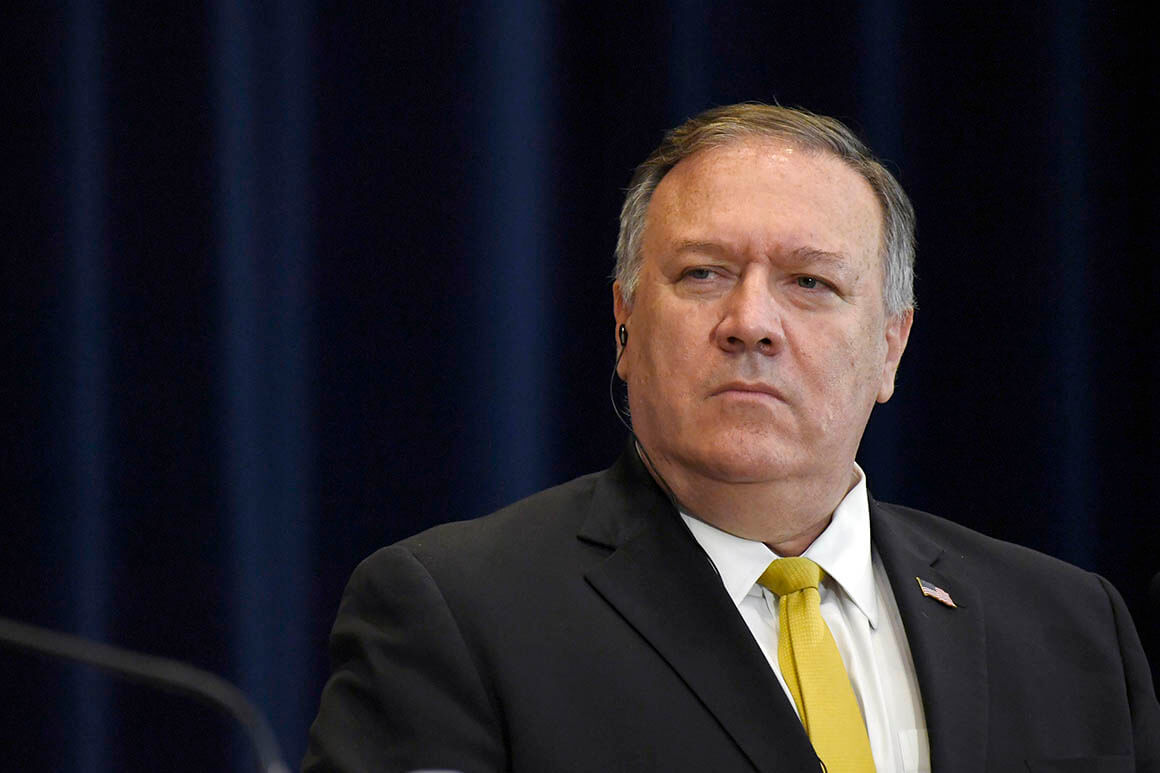On Monday, the Trump administration imposed sanctions on Turkey under the Countering America’s Adversaries Through Sanctions Act (CAATSA) over its purchase of the Russian S-400 Missile System. This move can further aggravate the already boiling relations between Turkey and the United States (US) as President-elect Joe Biden prepares to take office.
The restrictive measures include a ban on all US export licenses and authorisations to Turkey’s Presidency of Defence Industries (SSB) and an asset freeze and visa restrictions on SSB’s President, Dr. Ismail Demir, and other SSB officers. In a statement, US Secretary of State Mike Pompeo said, “The United States made clear to Turkey at the highest levels and on numerous occasions that its purchase of the S-400 system would endanger the security of US military technology and personnel and provide substantial funds to Russia’s defence sector, as well as Russian access to the Turkish armed forces and defence industry.” He added,“Today’s action sends a clear signal that the United States will fully implement CAATSA Section 231 and will not tolerate significant transactions with Russia’s defence and intelligence sectors.”
Turkey first signed the S-400 deal with Russia in September 2017 and acquired its first four missile batteries, worth about $2.5 billion, in July last year. Though Turkey has stressed that the defence system is “vital” to the country’s security, the US has opposed Ankara’s purchase on the grounds that they compromise shared NATO defence systems. Washington is also concerned about the Kremlin gaining access to American military secrets if the Russian-made systems are integrated into Turkey’s military. When the US’ disapproval did not stop Ankara from acquiring the weapons, it suspended Turkey from its F-35 jet program in 2019.
Though Washington could have imposed sanctions on Turkey last year under the same act, Trump went on record to justify Turkey’s deal with Russia by saying that “President Erdogan had to buy the S-400 because the Obama administration did not sell Patriots to Turkey.” He further added that “this was an injustice done to a NATO ally.” However, as Ankara started testing the system, the US Congress started pressuring the Trump administration to impose sanctions.
The Turkish Defence ministry condemned and rejected the decision to impose unilateral sanctions against Turkey in a statement by arguing that President Trump had himself previously admitted on many instances that Turkey’s acquisition was justified. “US allegations that S-400 systems will jeopardise NATO systems are devoid of any technical merit. Moreover, Turkey has repeatedly proposed to address this issue in an objective, realistic and politically unbiased manner through a working group with the participation of NATO,” the statement further said.
Additionally, Russia’s Foreign Minister Sergei Lavrov also described out the US sanctions as “illegitimate,” along with Iran’s Foreign Minister, Mohammad Javad Zarif, who said that Washington’s actions displayed its “addiction to sanctions and contempt for international law.”
These new sanctions could complicate Joe Biden’s upcoming presidential term by aggravating tension between the two NATO allies. Previously, Biden has criticised Turkish actions in Syria, the conflict between Armenia and Azerbaijan, and Ankara’s actions in the eastern Mediterranean. While Turkey tries to mend its ties with the US by reinstating its relations with US ally Israel, Washington has further strained the relationship with Ankara by imposing these new punitive measures.
Turkey Sanctioned by US over Purchase of Russian S-400 Missile System
According to US officials, the Russian missiles are incompatible with NATO equipment and can impose a potential threat to allied security.
December 16, 2020

SOURCE: Politico
